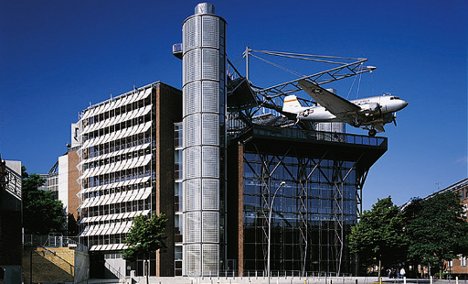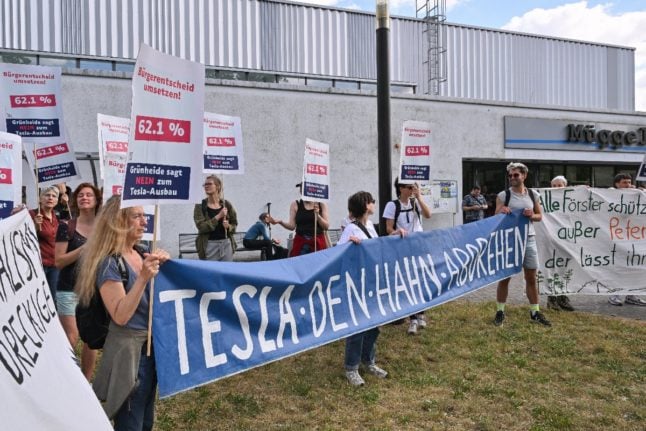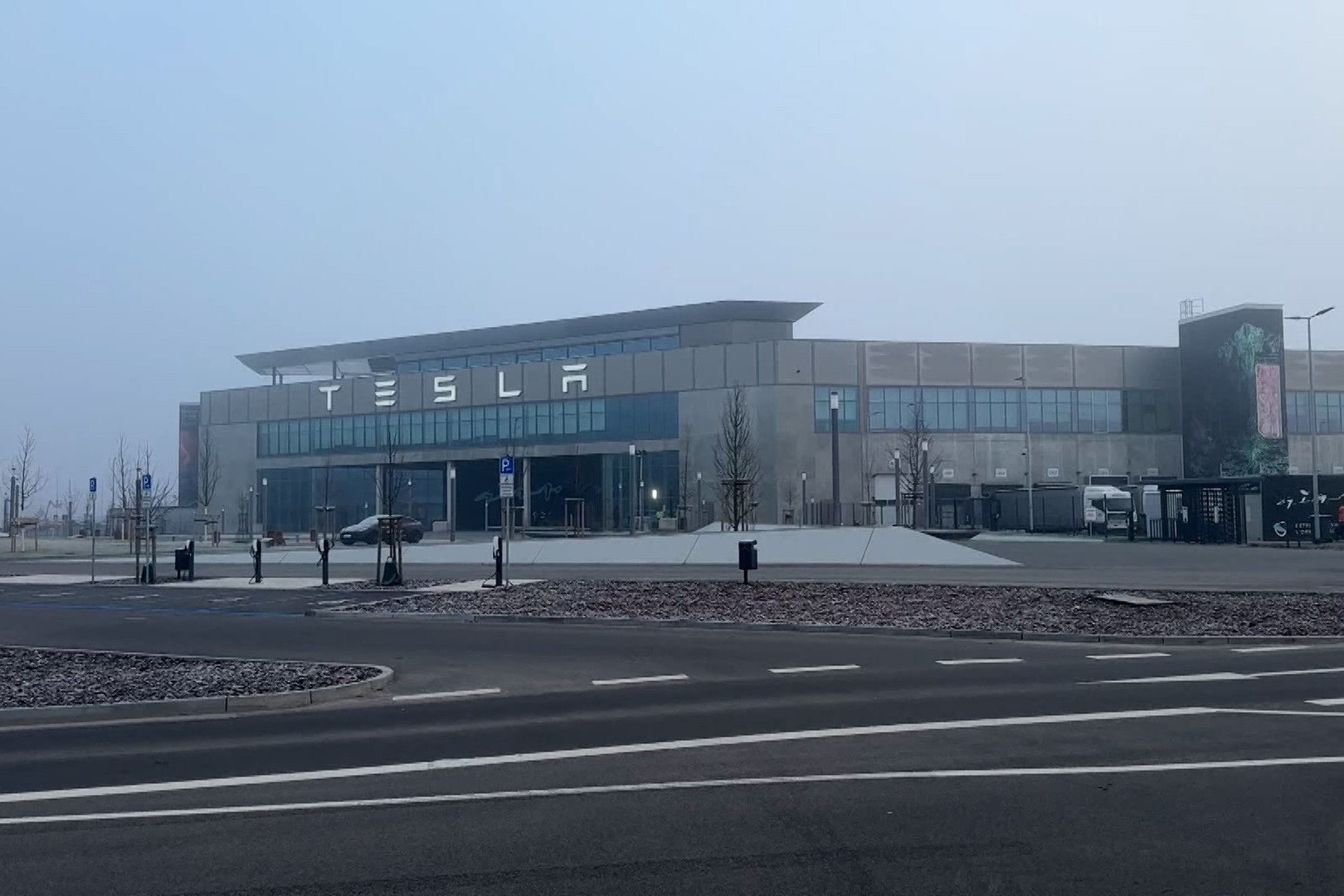A spokeswoman for the Deutsches Technikmuseum denied that the two locomotives had been stolen, saying that had been properly picked up “as a favour” for storage in a museum depot.
But then Berlin police reported that two engines and a train car had been swiped from the museum. In a statement they entitled “A train to nowhere,” they said the three museum pieces had been missing since October 27, before which they had been on display outside the building on loan.
A member of a train enthusiast association filed a report after he arrived to pick up the locomotives yesterday evening to have a museum official tell him that another man had claimed them, saying they were to be sold. Police said the man then used nearby tracks to drive them away towards the neighbouring state of Brandenburg with the help of a train conductor.
According to news agency DAPD, there may be a dispute between the two men over who owns the locomotives.
A police spokesman told the agency that officers have yet to locate the engines and they have opened an investigation for theft.
The Local/DAPD/ka




 Please whitelist us to continue reading.
Please whitelist us to continue reading.
Member comments